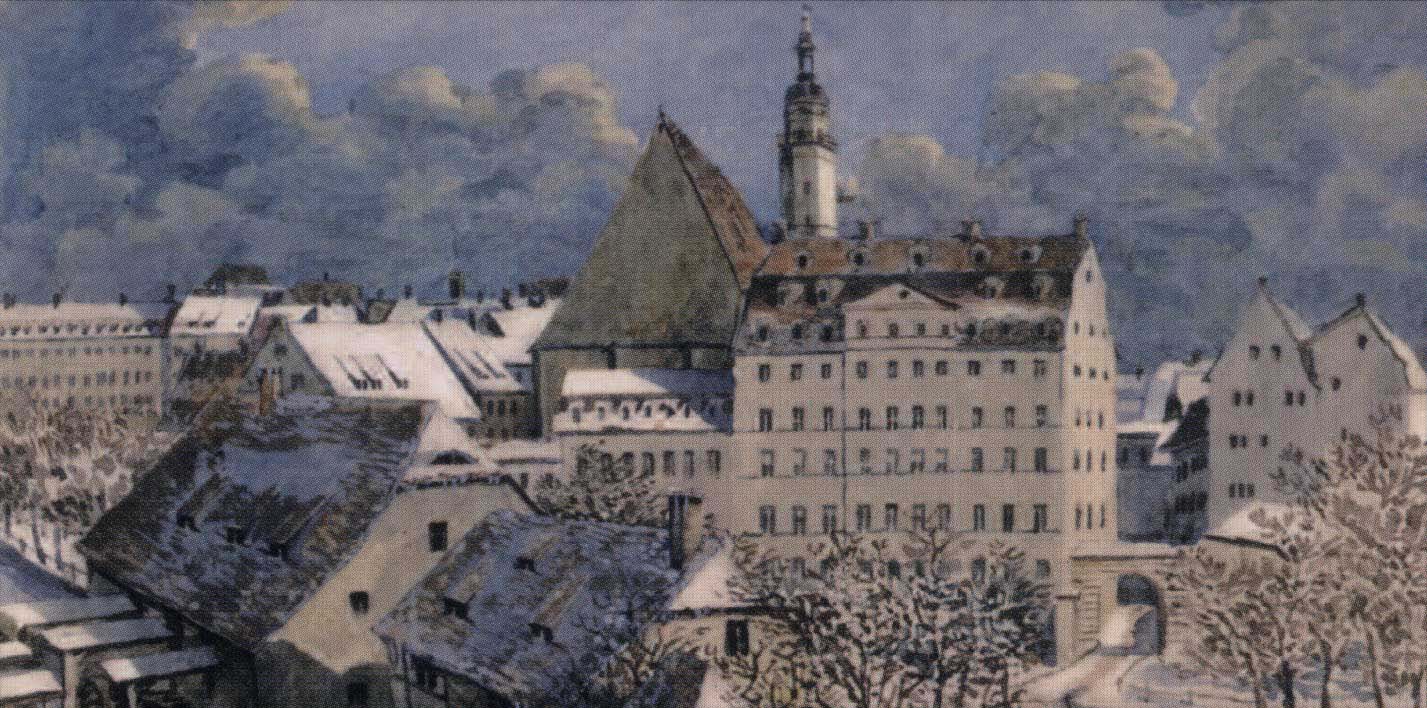Bach Cantata Day Information:
Advent I or Levavi
The 4th Sunday before Christmas. Liturgical period : Advent.
Occurrences: December 3 2023, December 1 2024, November 30 2025, November 29 2026, November 28 2027, December 3 2028, December 2 2029, December 1 2030, November 30 2031, November 28 2032, November 27 2033, December 3 2034, December 2 2035, November 30 2036.
Music for this day
- Nun komm, der Heiden Heiland, BWV 61
(first performance 2 December 1714, Weimar period) - Nun komm, der Heiden Heiland, BWV 62
(first performance 3 December 1724, Leipzig period) - Schwingt freudig euch empor, BWV 36
(first performance 2 December 1731, final version, Leipzig period)
Advent I, the fourth sunday before Christmas, is the start of the new liturgical year. Bach left us 3 magnificent cantatas for this day. They all deal with the excitement of the upcoming birth of the Saviour.
Nun komm, der Heiden Heiland, was a hymn written by Martin Luther himself, based on the oldest known Christmas hymn, Veni Redemptor Gentium, written by Pope Ambrosius (339-397). Bach used a libretto based on this hymn for two different cantatas, one from the Weimar period and one written in Leipzig.
Bach often reused themes or partial or even complete cantatas to create new work. This style is called musical parody. And the following cantata is a prime example of this practice by Bach.
Schwingt freudig euch empor, BWV 36, is part of a parodial collection of five cantatas, BWV numbers 36 through 36d. The original one is 36c, a Leipzig University celebratory cantata from 1725 with the same title. Steigt freudig in die Luft, BWV 36a, a lost cantata was based on 36c and created one year later for the birthday of Princess Charlotte Friederike Wilhelmine (1702-1785), second wife of Bachs former patron, Prince Leopold of Anhalt-Köthen. BWV 36d, a lost cantata from 1730 was Bach's first attempt to create a church cantata from the previous two cantatas. BWV 36, this cantata, was written for Advent I 1731, by changing the recitatives to choral passages. Die Freude reget sich, BWV 36b, is the last variation, written again for a Leipzig University celebration 10 years later (c. 1737-1738).
Extra information
The Netherlands Bach Society website has more information and performances for all three cantatas:
https://bachvereniging.nl/en/bwv/bwv-61/
https://bachvereniging.nl/en/bwv/bwv-62/
https://bachvereniging.nl/en/bwv/bwv-36/
Playlist
WBC01-Advent I or Levavi

Choose one of these streaming services to listen to this playlist:
Image of the day

Watercolour painting by Felix Mendelssohn of the Thomaskantorei in Leipzig, 1838. I was thrilled to find this painting, because of course it is thanks to Mendelssohn among others that Bach was rediscovered in the 19th century, beginning with Mendelssohn conducting the Mattheaus Passion in 1829.